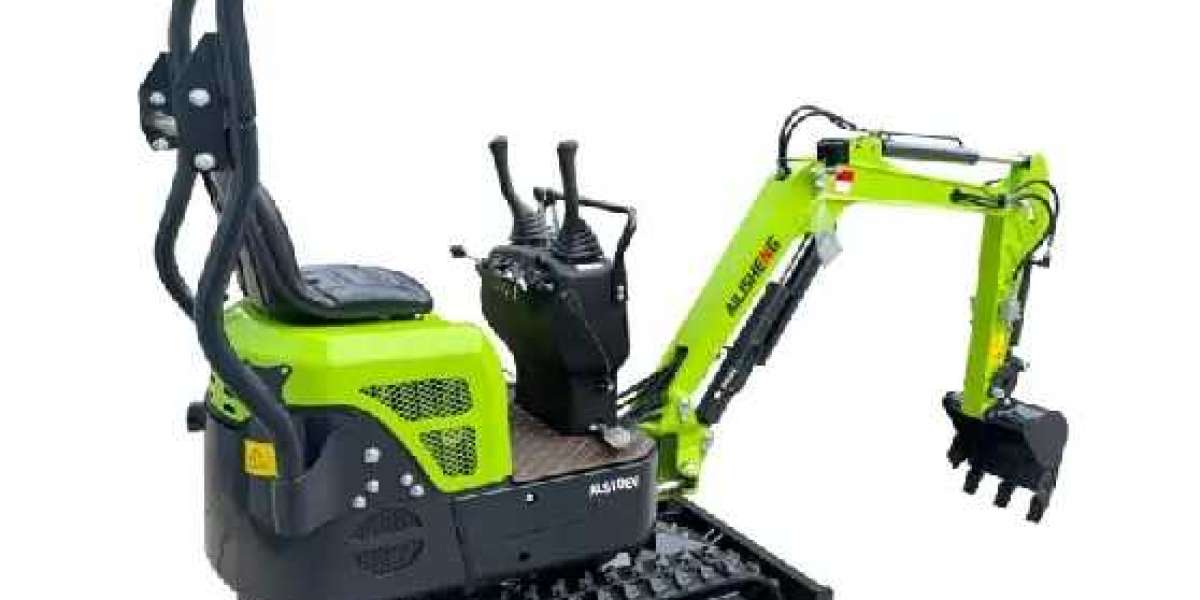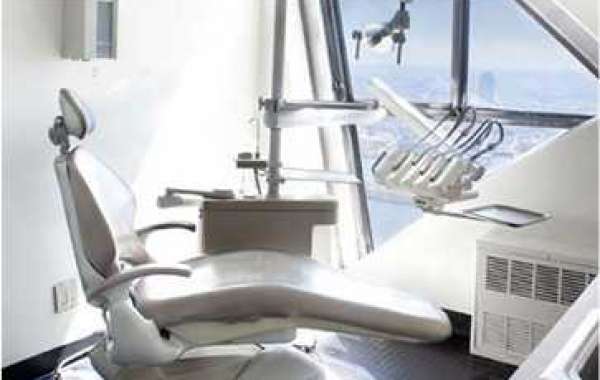Electric mini diggers, also known as electric mini excavators, are transforming the construction industry. As sustainable solutions become a priority, these machines offer a cleaner, quieter, and more efficient alternative to traditional diesel-powered mini diggers. This article will explore the key features, benefits, and challenges of electric mini diggers, and why they are gaining popularity across various sectors.
What Are Electric Mini Diggers?
Electric mini diggers are compact excavators powered by rechargeable batteries instead of conventional diesel engines. Designed for smaller construction, landscaping, and urban projects, these machines typically have a dig depth of around 1.5 to 2.5 meters, making them ideal for tight spaces where larger equipment would be impractical.
Key Components of Electric Mini Diggers
- Electric Motor: Replaces the traditional internal combustion engine.
- Lithium-Ion Battery: Provides the necessary power for operating the machine.
- Hydraulic System: Controls the digging and lifting mechanisms.
- Compact Design: Designed to navigate small and restricted areas.
Benefits of Electric Mini Diggers
1. Eco-Friendly Operation
Electric mini diggers produce zero emissions at the point of use, making them an environmentally friendly choice for projects in urban areas, where pollution control is essential. Reduced reliance on fossil fuels also contributes to lowering the overall carbon footprint of construction activities.
2. Quieter Performance
Compared to diesel engines, electric mini diggers operate much more quietly. This makes them ideal for residential areas, hospitals, schools, and other noise-sensitive environments. The quieter operation also improves working conditions for operators.
3. Lower Operating Costs
Electric mini diggers require less maintenance than their diesel counterparts. With fewer moving parts, there is a reduced need for oil changes, fuel filters, and other engine-related maintenance tasks. Additionally, the cost of charging electric equipment is generally lower than fueling diesel engines.
4. Improved Efficiency
Electric motors provide instant torque, enabling smoother operation and improved precision during digging tasks. The efficiency of electric systems also results in longer battery life and the ability to complete tasks faster with less downtime.
Challenges and Limitations
1. Battery Life
Although battery technology is rapidly advancing, current electric mini diggers may still have limited operational time compared to diesel-powered models. Battery life depends on the intensity of use, but many machines can operate for 4-8 hours on a full charge. For larger projects requiring continuous operation, backup batteries or charging stations are necessary.
2. Charging Infrastructure
Widespread adoption of electric mini diggers requires adequate charging infrastructure on job sites. In remote areas or long-duration projects, a lack of charging options can pose logistical challenges.
3. Higher Upfront Costs
While electric mini diggers offer long-term cost savings, their initial purchase price tends to be higher than diesel models. This can be a barrier for smaller companies or contractors with limited budgets.
Applications of Electric Mini Diggers
Electric mini diggers are suitable for a variety of applications, including:
- Urban construction: Working in tight spaces and minimizing noise and emissions in city environments.
- Landscaping projects: Ideal for garden and park development where eco-friendly practices are prioritized.
- Indoor demolition: Their emission-free operation makes them suitable for indoor work such as demolishing walls or floors in commercial and residential buildings.
- Utility work: Tasks like trenching, cable laying, and pipe installation are efficiently handled by electric mini diggers, especially in environmentally sensitive areas.
Conclusion
Electric mini diggers represent a step forward in sustainable construction equipment. Their combination of eco-friendliness, quieter operation, and lower operating costs make them an attractive option for contractors looking to reduce their environmental impact and operating expenses. As battery technology and charging infrastructure continue to improve, electric mini diggers are poised to become a standard tool in the construction and landscaping industries.








